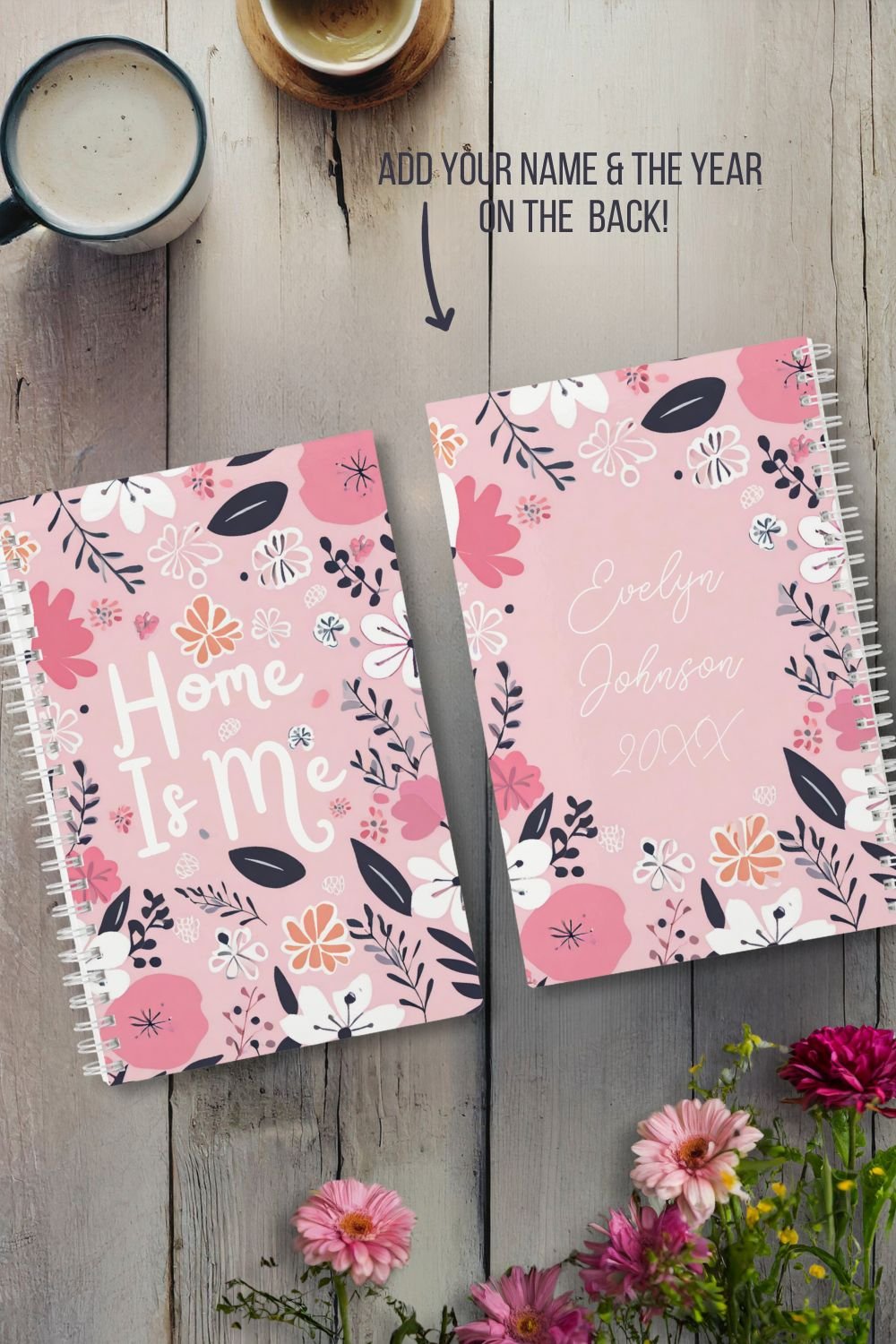How Intuition Benefits Wellbeing
Let’s talk about why intuition is important for wellness
What is intuition?
To dig into how intuition benefits wellbeing, we first need to talk about what intuition is. I explored this more deeply in my post on what intuition means, but by way of recap here, intuition is a quick way of knowing that doesn’t come from logical reasoning or the conscious mind. Intuitive knowing comes from an accumulation of all the knowledge that we hold; some of this knowledge comes from our personal experiences and some of it comes from inherited instinctual information. Intuition is an important way that we arrive at conclusions and make decisions. We often think of intuition as being an animal-like instinct coming from our spirit, or a feeling more than an intellectual knowing. Intuition might speak to us through words, phrases, music, images, or symbols that float into our mind. Intuition is one of those things that can be hard to define in words, but easier to feel or explain metaphorically. With that definition of intuition in mind, let’s explore how intuition benefits wellbeing.
We can’t avoid using our intuition, so we should learn how to use it
We’re already using our intuition, so we are better off when we learn how to use our intuition well. I’ve written about this in other posts, but Malcolm Gladwell’s book Blink: The Power of Thinking Without Thinking is an interesting read if you’re looking for accessible information about some of the science behind intuition. In Blink, Gladwell describes an experiment in which participants have two decks of blue cards and two decks of red cards. Each card gives the participant money or takes money away. Choosing a red card sometimes awards a high dollar amount, but usually results in a large loss. In contrast, the blue cards rarely lose money and usually award a small amount of money. Before the participants became consciously aware and able to describe this pattern, their bodies began to respond to the pattern by sweating when they reached for a red card. Participants also began to unconsciously choose more blue cards before they were able to describe the pattern. Researchers found that participant’s bodies responded after about 10 rounds of the game, and that participants were able to articulate a hunch about the pattern after about 50 cards, but it took around 70 cards before participants were able to describe the pattern!
As you can see from this experiment, we’re wired to use our intuition and we simply can’t reasonably avoid using it in our daily lives. Since we’re using intuition already, we’re better off acknowledging that we’re using it and teaching our conscious mind and intuition to work together.
How intuition benefits wellbeing
When we develop our intuition and teach our conscious mind how to work together with intuition it benefits our wellbeing. Here are some of the ways that developing intuition benefits wellbeing that I’ve noticed as I’ve worked on developing my intuition.
Intuition benefits wellbeing by helping us better access our cumulative knowledge base so we can navigate the world more effectively.
This one is pretty self-explanatory if you think about how intuition helped the participants in the experiment we talked about earlier. If our conscious mind learns to look to our intuition for help and starts to be able to more quickly decipher when intuition has useful information, we’re going to be able to act more effectively in the world around us.
Intuition benefits wellbeing by creating a deeper felt connection to ourselves.
When we learn to hear our intuition, we’re connecting with a much broader and deeper part of ourselves. What is in your conscious mind is just the tip of the iceberg of what is you. We have many memories, experiences, learned bits of information, and even inherited instinctual information that we’re not consciously aware of. When we connect with our intuition, we allow these parts of ourselves to rise up into the conscious mind as it is helpful to us. The result is a deeper felt connection with more and more of who we are at our core.
Intuition benefits wellbeing by creating opportunities to consciously change old patterns of behavior and ways of being that aren’t helpful to us anymore.
Our intuition comes from all of our accumulated knowledge. This means that our intuition might be working with outdated information. For example, we learn how to navigate the world as children, but it’s very likely that your world looks quite a bit different than it did as a child. You probably have more freedoms and more responsibilities than you did as a child, and the things that could terrify or harm you as a child don’t pose the same threat to you now. If you grew up in a dysfunctional family or experienced abuse or neglect as a child, you probably learned ways of navigating those difficulties that may not be helpful to you now. When we learn to consciously connect with our intuition, we can learn to understand where our intuitive instincts are coming from and we open up the opportunity for our conscious mind to say, “Hey, wait a minute, I see how this helped in the past, but I’m not sure this is true or helpful for my life now.” This creates an opportunity for real, meaningful, and lasting change if that’s something you desire.
Intuition benefits wellbeing by creating a deeper connection to the natural world.
Connecting with intuition feels a bit like connecting with an inner animal instinct inside of us. I like to think of the intuition animal as the “soft animal of your body” that Mary Oliver describes in her poem “Wild Geese” when she writes, “You do not have to be good. / You do not have to walk on your knees / for a hundred miles through the desert repenting. / You only have to let the soft animal of your body / love what it loves.” When we accept this soft animal as part of who we are, it becomes easier to see ourselves as part of the natural world around us, rather than something separate and distinct à la man versus nature. When we feel ourselves to be part of nature our connection to it is so much deeper.
Intuition benefits wellbeing by creating a deeper connection to human history.
This one really surprised me, but in the deepest parts of ourselves there seems to be something that comes from those before us. I think this is akin to what Psychologist Carl Jung would call the “collective unconscious.” On an intellectual level we would think of this as the instincts we are born with, like babies who instinctively know how to suckle for milk. I think “instincts we are born with” is a fair way to describe this, but when we connect with intuition deeply, we can actually feel a sense of the things we inherit from history, and that is a whole other ballgame. This is hard to describe, but it’s sort of like what I imagine the feeling would be if you had a “life flashing before your eyes” moment where you saw and experienced all the major moments from all of your ancestors’ lives in the blink of an eye.
Intuition benefits wellbeing by helping us access our creativity and energy for life.
Our conscious mind’s main concerns are generally the tasks and events involved with daily living, but our intuitive mind takes a much broader view of things. Our intuitive mind is bubbling with creative ideas and energy to take on life and when we better learn to access our intuition, we are more able to access the creativity and energy it has to offer.
Intuition benefits wellbeing by helping us hear our inner guidance so that we can make decisions we’re happy with.
As we saw in the experiment described at the beginning of this article, intuition had ideas for the participants about how to choose the right cards to make more money. Intuition may not have riches in store for you real life, but it does have guidance to offer about how to make the big and small decisions involved in living. When we stop and ask the deeper intuitive parts of ourselves to join the conversation when we make decisions, we will be making decisions from a more complete sense of who we are, and this is more likely to result in a decision we’re happy with in the long run.
Intuition benefits wellbeing by helping us develop a spiritual connection to the world.
I grew up in a religious household and have not been remotely religious for many years. As I began to connect more deeply with my intuition, I was surprised to find that I felt some sort of spiritual connection to the world. By a spiritual connection, I mean that intuition contains some felt sense of spirit or soul in myself and the world around me. I don’t have clear answers as to what this means, and I’m still not religious, but I do appreciate the deeper spiritual connection that intuition has brought me.
Intuition is a source of empathy and connection.
When we have allowed our intuition to connect us with the deepest parts of ourselves, we are better able to connect with deeper parts of other people. And when we have connected with a deeper part of ourselves through our intuition, it also feels less scary to be vulnerable enough to connect to another human being this deeply. Likewise, when we have allowed intuition to connect us with the reverberations of our pains and difficult experiences, we are better able to call upon those experiences to help us empathize with others.
Intuition helps us cultivate inner peace and weather the storms of life with grace.
Life can be really hard sometimes, and we’d be an angel and a beast at once if we didn’t experience some inner turmoil about the difficulties of life on occasion. Intuition won’t make life’s difficulties disappear and it won’t eliminate the heartache and pain of life’s difficulties either. But intuition and the broader view it takes of the universe, life, and our place in it can help us learn to accept the hard things as part of the fabric of the universe.
Working on developing my intuition has certainly not always been easy or even pleasant, but I can unequivocally say that developing my intuition has had life-changing benefits for my overall wellbeing.
I hope reading a bit about my experiences journeying in the land of intuition has been helpful to you. If you’d like to learn more about how to develop your intuition, check out the other intuition development resources.
Photos for this article were created with Adobe Firefly.




Read More:
What Is Shadow Work?: How Your Shadow Self Can Free You To Live Authentically
A Real Life Dream Journal Example Entry Illustrating The 7 Key Elements Of A Dream Journal Entry
Intuition Meaning: Psychologists, Scientists, and Artists On The Meaning Of Intuition
What Is Active Imagination: What Active Imagination Can Teach You About You
5 Types Of Journals To Keep To Get In Touch With Your Inner Guidance
Harness The Power Of Your Intuition With These Journal Prompts For Decision Making
Strange & Symbolic Movies & TV Shows To Help Build Your Intuition








